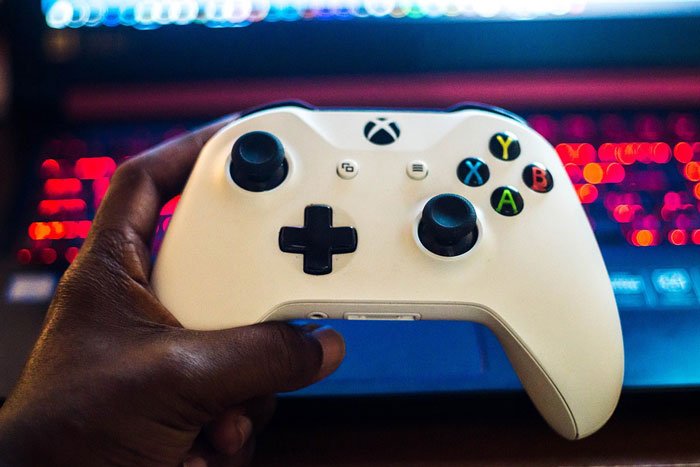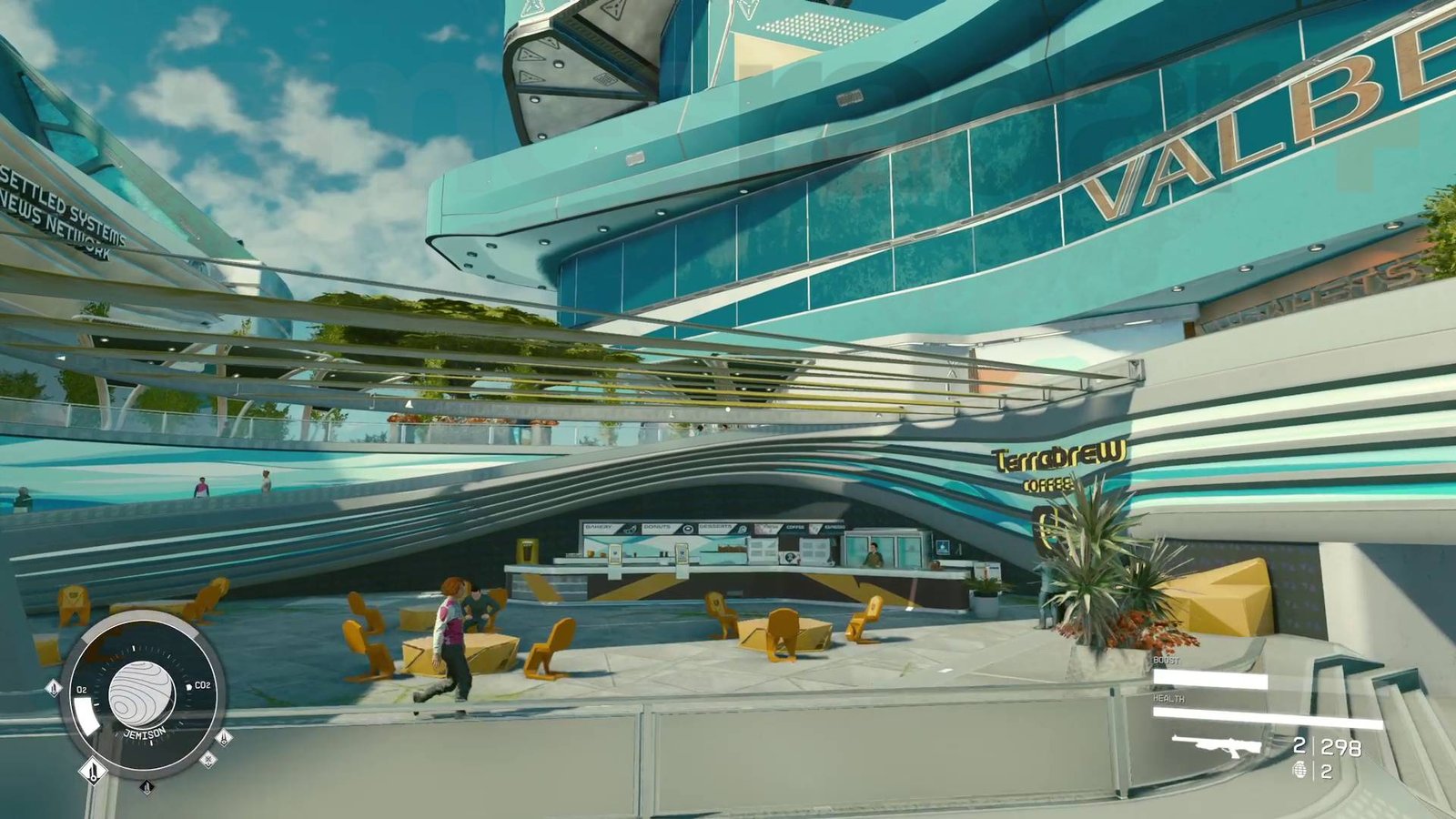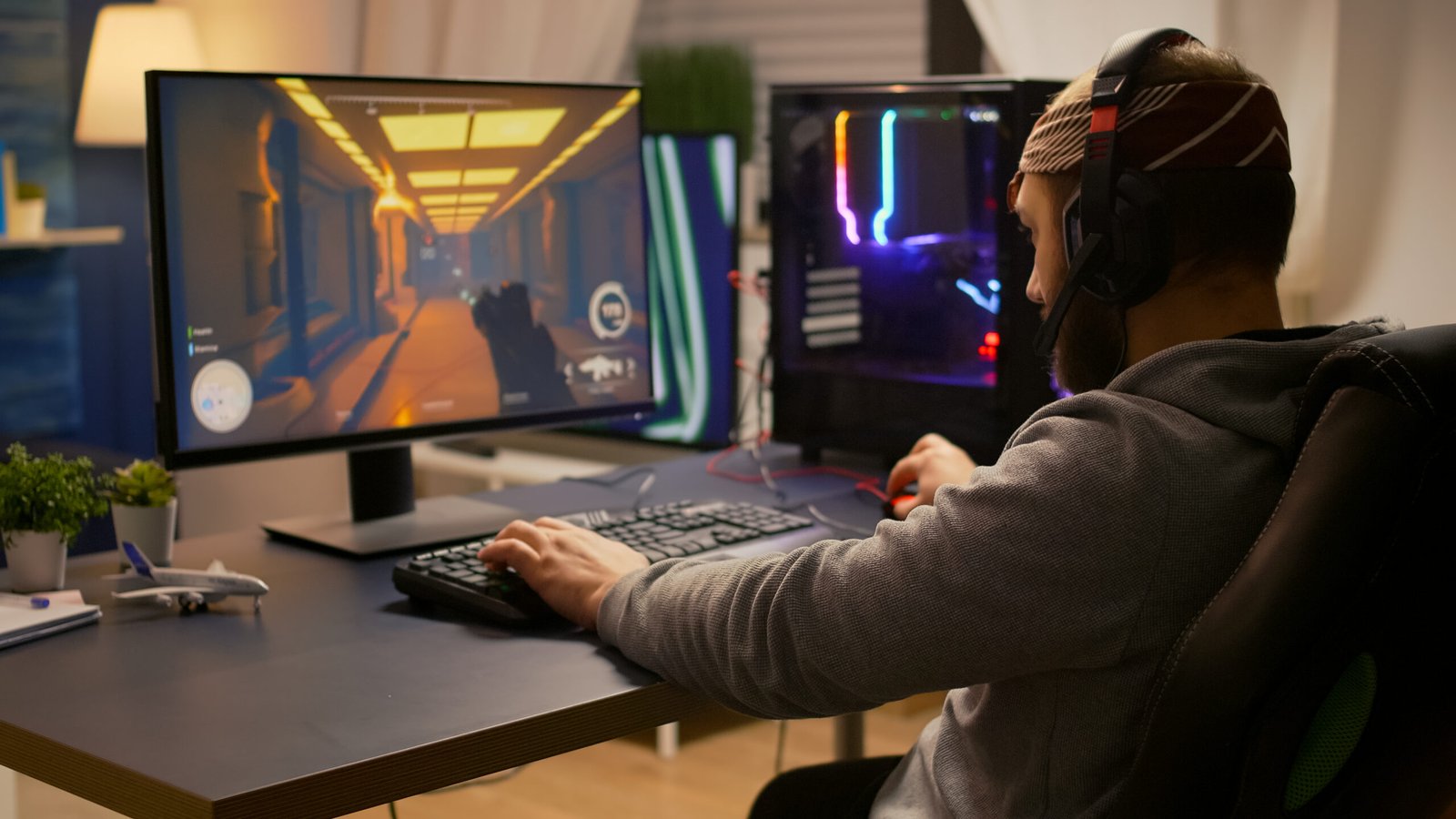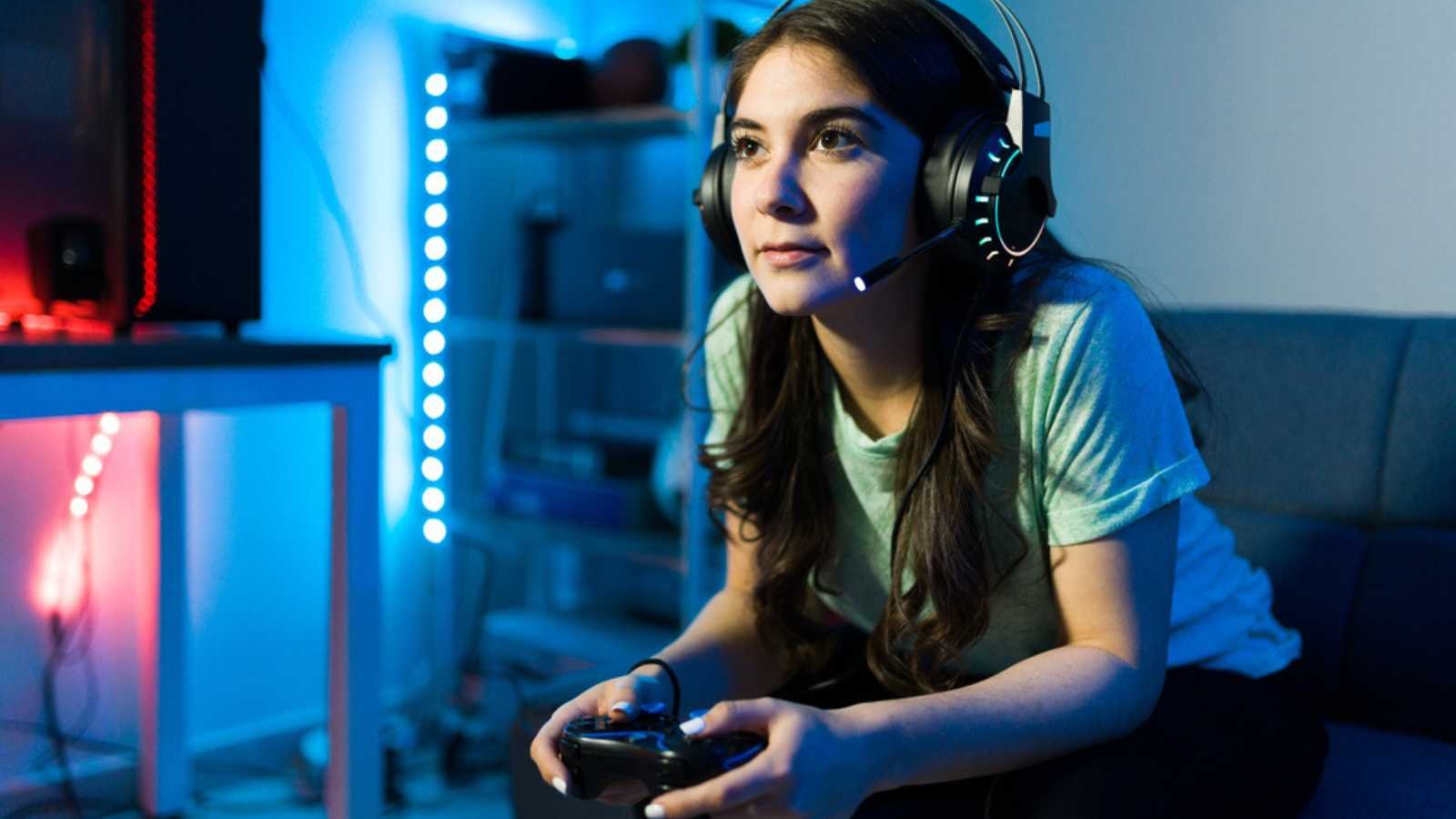If you’re an avid gamer, you know how frustrating it can be when your gaming PC starts lagging or underperforming. How to optimize your gaming PC for performance is a common question among gamers who want to make the most out of their hardware. Thankfully, with a few tweaks and improvements, you can speed up your PC and get better gameplay. In this article, we will show you simple steps to improve your gaming experience.
1. Update Your Graphics Card Drivers
The first step in how to optimize your gaming PC for performance is ensuring that your graphics card drivers are up to date. Outdated drivers can cause issues like poor frame rates or crashes in games.
Why Are Graphics Card Drivers Important?
Graphics card drivers help your PC communicate with your hardware. When they are updated, they include bug fixes and improvements that can make your games run smoother. Always check for updates on your graphics card’s website or use software tools to automate the process.
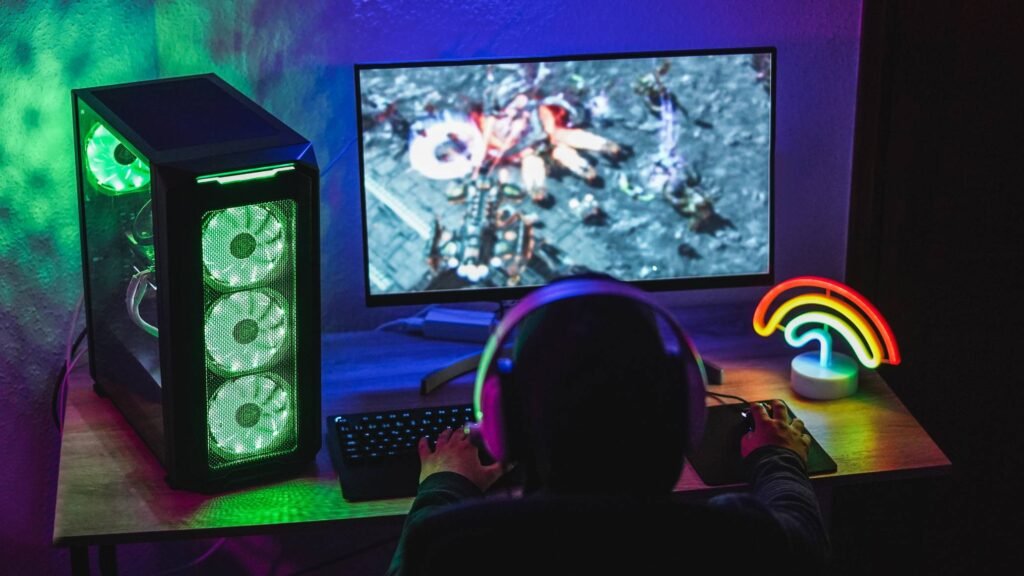
2. Overclock Your Hardware
Another way to optimize your gaming PC for performance is by overclocking your hardware. Overclocking means running your CPU or GPU at a faster speed than they are set by default, which can improve performance.
How to Overclock Safely
While overclocking can boost your PC’s performance, it can also cause overheating if done incorrectly. To overclock safely, ensure your PC has good cooling. Use software tools to gradually increase your hardware speed and monitor your system’s temperature. If temperatures get too high, you may want to back off and reduce the overclock settings.
Discover Fresh Insights with Squaldrina
Squaldrina delivers the latest trends and expert advice for enthusiasts seeking innovative ideas and practical solutions. Its content engages readers with unique perspectives that inspire creativity and informed decisions. For a fun break and exciting online experiences, check out the kingjohnnie Homepage. Combining valuable insights with leisure opportunities makes your browsing both productive and entertaining.
3. Upgrade Your RAM
One of the most effective ways to optimize your gaming PC for performance is by upgrading your RAM (Random Access Memory). More RAM allows your system to handle more tasks at once, which can improve your gaming experience.
How Much RAM Do You Need?
Most modern games require at least 8GB of RAM, but upgrading to 16GB or more can provide noticeable improvements. If your PC struggles to load games or you experience lag during gameplay, adding more RAM could help.
4. Clean Up Your Hard Drive
Over time, your hard drive may get cluttered with unnecessary files. These files can slow down your system and reduce performance. Cleaning up your hard drive is an essential step in how to optimize your gaming PC for performance.
Steps to Clean Your Hard Drive
To clean your hard drive, start by uninstalling programs you no longer use. You can also use disk cleanup tools built into your operating system to remove temporary files. Lastly, consider upgrading to a solid-state drive (SSD) if you’re still using a traditional hard disk drive (HDD). An SSD is much faster and will improve your system’s overall performance.
5. Improve Your Cooling System
Heat is one of the biggest enemies of gaming PCs. How to optimize your gaming PC for performance also includes managing your PC’s temperature. When your PC gets too hot, it can cause your components to slow down to avoid damage.
Tips for Better Cooling
Make sure your gaming PC has a good cooling system, including fans and possibly liquid cooling if you’re overclocking. Clean dust from your fans regularly, as dust can block airflow and cause overheating. Also, ensure that your PC is in a cool environment to help maintain proper temperature levels.
6. Adjust Your Power Settings
Your PC’s power settings can affect its performance. By adjusting these settings, you can ensure your gaming PC runs at its full potential.
How to Optimize Power Settings for Gaming
To get the most out of your gaming PC, change your power plan to “High Performance” in your system’s settings. This prevents your PC from slowing down when idle or running on low power. You can also disable power-saving features that might limit your hardware’s performance while gaming.
Conclusion
In conclusion, there are many ways to optimize your gaming PC for performance. Start by updating drivers, overclocking your hardware safely, and upgrading your RAM. Cleaning your hard drive, improving cooling, and adjusting power settings can also have a significant impact. By following these steps, you can make your gaming PC run smoother and enjoy a better gaming experience. Always remember to monitor your system’s temperature and performance, and make adjustments as needed. Happy gaming!







